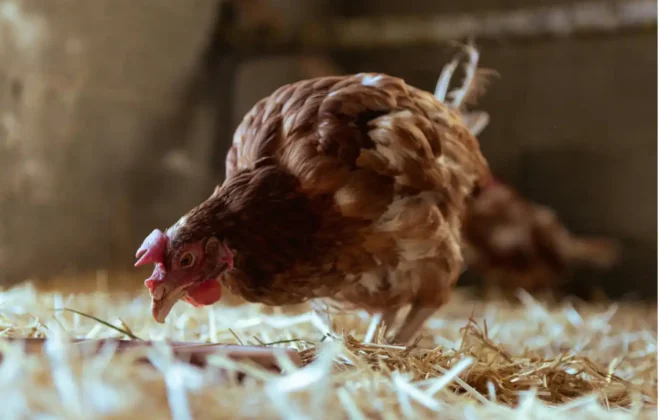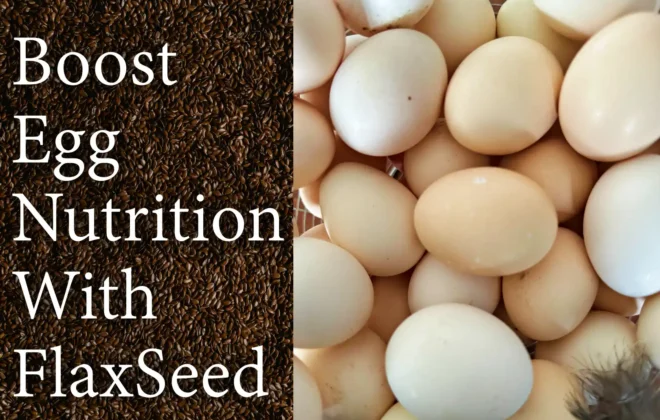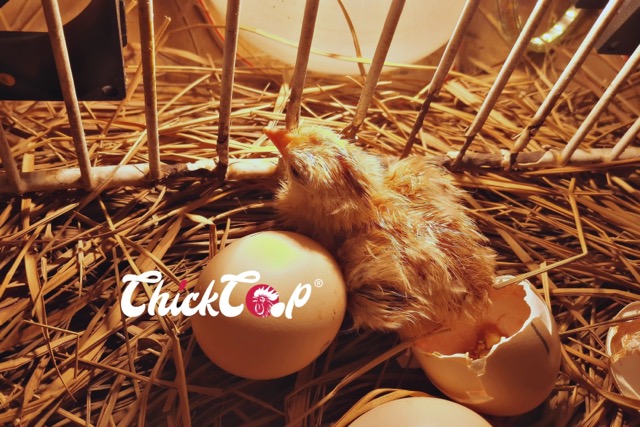
Stages in Chick Embryo Development: Day 1 to Day 21
The development of a chick embryo is a remarkable process, unfolding through distinct stages over a span of 21 days. The journey from a fertilized egg to a newly hatched chick involves intricate transformations, each playing a crucial role in the development of a healthy bird. In this blog, we’ll explore the early stages of chick embryo development, from Day 1 to Day 21.
Day 1 to Day 6: The Foundation of Life
The first stage of incubation marks the beginning of the chick’s life. During these initial days, the embryo undergoes significant changes that lay the groundwork for its development.
Day 1:
- 16 Hours: The first signs of the chick embryo appear, marking the beginning of its development.
- 18 Hours: The alimentary tract begins to form.
- 20 Hours: The vertebral column, or backbone, starts to take shape.
- 21 Hours: The nervous system begins to develop.
- 22 Hours: The head starts to form.
- 24 Hours: The eyes begin to emerge.
Day 2:
- 25 Hours: The heart starts to develop.
- 35 Hours: The first signs of the ear appear.
- 42 Hours: The heart begins to beat, signaling the commencement of blood circulation.
Day 3:
By Day 3, the embryo’s limb buds, beak, and other essential systems like digestion and respiration begin to form.
- 60 Hours: The nose begins to appear.
- 62 Hours: The legs start to form.
- 64 Hours: The wing buds become visible.
Day 4:
Beginning of Tongue Formation:
The development of the tongue signifies more complex organ formation.
The chick embryo continues to develop and organize its organs.
By Day 6, key features like the beak and reproductive organs begin to solidify.
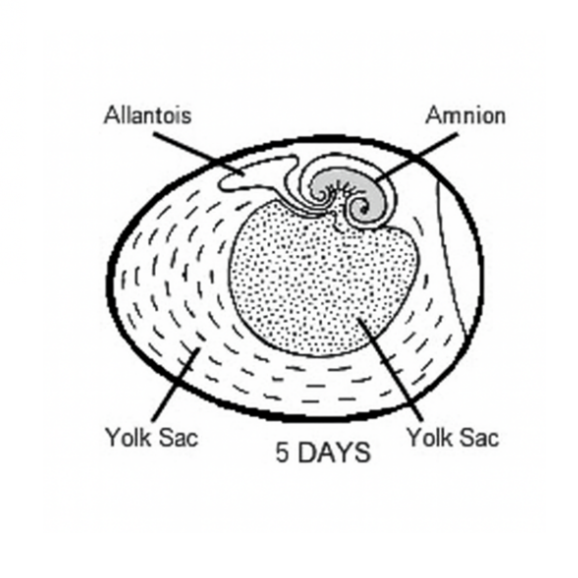
Day 7 to Day 14: Refinement and Growth
During the second week of development, the embryo undergoes rapid growth and starts taking on more bird-like features. The beak begins to harden, and the limb digits become more defined.
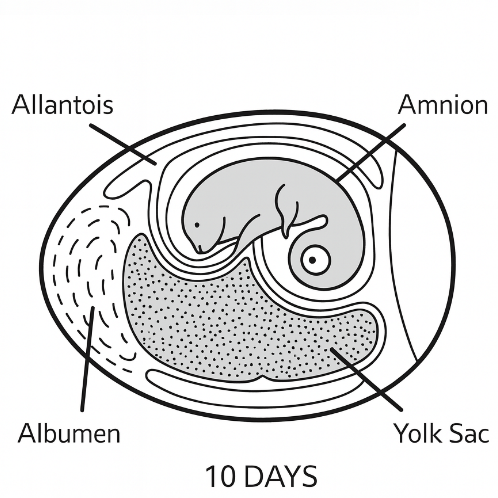
Day 7 to Day 14:
- Day 8: Feathers begin to form.
- Day 10: The beak starts to harden and solidify.
- Day 13: Scales and claws start to form on the feet.
- Day 14: The embryo gets into position for hatching, orienting itself to break through the shell.
Day 14 to Day 20: Preparing for Hatch
As the chick continues to develop, it grows rapidly and starts positioning itself for its grand entrance into the world.
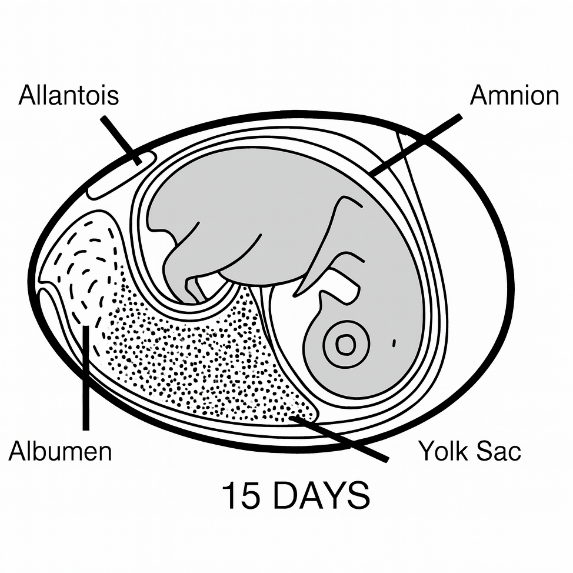
Day 14:
The embryo is now almost fully formed. The claws continue to develop, and the chick begins shifting into the hatching position.
Day 16:
The scales, claws, and beak become firm and hardened, preparing the chick for the physical demands of hatching.
Day 17 to Day 19:
- The chick’s beak turns toward the air cell, signaling it is nearing the hatching process.
- The yolk sac begins to enter the body cavity.
Day 20:
By Day 20, the yolk sac is fully drawn into the body cavity, and the embryo occupies nearly all of the available space within the egg.
Day 21: The Hatching Day
On Day 21, the chick emerges from the egg, signaling the end of the incubation period. Here’s how the process unfolds:
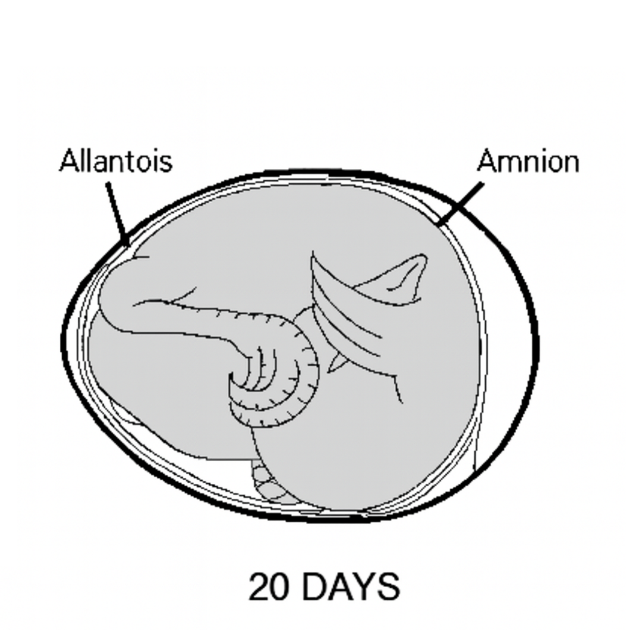
4 Key events
- The Breakthrough: Using its egg tooth, the chick cracks open the air cell, initiating the struggle to break through the shell.
- The Escape: With a series of efforts, the chick pushes its way through the shell, starting with its head and eventually kicking free from the lower part of the shell.
- Rest and Recovery: After emerging, the chick rests while its navel heals and its down feathers dry.
- First Steps: Once fully recovered, the chick takes its first steps, completing its dramatic journey from egg to hatchling.
The egg tooth, used for cracking the shell, will eventually fall off as the chick continues to grow.
Conclusion
The stages of chick embryo development from Day 1 to Day 21 are awe-inspiring. From the first signs of life to the chick’s emergence from the shell, every moment of development is crucial for the survival and well-being of the bird. As a backyard chicken keeper, understanding this process will deepen your appreciation for the miracle of life unfolding in your incubator.
For more tips on chick care and incubation, stay tuned with ChickCoop®!

